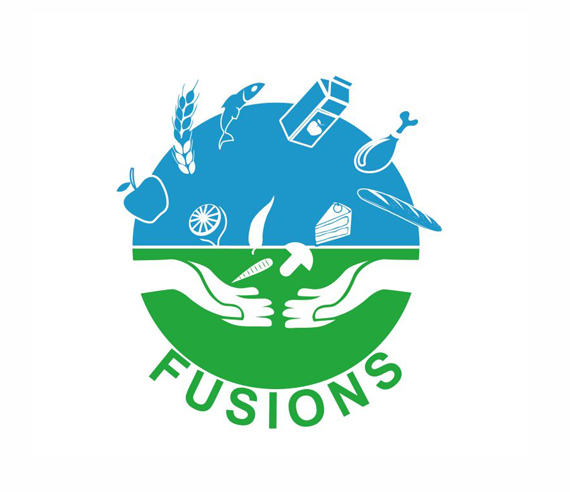‘Social innovation’ studies launched to tackle food waste

European food waste prevention project Food Use for Social Innovation by Optimising Waste Prevention Strategies (FUSIONS), has announced the launch of seven feasibility studies that will look into how ‘social innovation’ can help tackle food waste.
The feasibility studies, whittled down from 39 proposals submitted to the call for ideas between February and November 2013, will look at how different social activities, such as using the Internet to connect those with surplus food to those who need it, can help achieve a ‘more resource-efficient Europe by significantly reducing food waste’.
According to FUSIONS, social innovation has a ‘huge potential to complement existing research, technological and communications activities’ in reducing food waste arisings in Europe, which current account for about 90 million tonnes of food per annum.
It is hoped the feasibility studies will help ‘discover the potential of social innovation, and some of the key barriers and opportunities to its delivery’ and thus ‘deliver real-world findings that are easily diffused’.
The Waste & Resources Action Programme (WRAP), FUSIONS’s UK partner, is leading the work to identify, implement and evaluate the seven FUSIONS feasibility studies.
Andy Dawe, Head of Food and Drink at WRAP said: "WRAP’s principal role within EU-FUSIONS is to develop and deliver some novel feasibility studies to identify solutions throughout the food chain to reduce food waste. The focus has been to explore socially innovative measures to prevent food waste using a multi-stakeholder approach. The studies selected will provide insight into the types of social innovation initiatives that work in different food cultures and contexts. We will be reporting on the project outcomes to enable others to replicate them and help to reduce food waste across Europe."
Feasibility study details
The seven studies being undertaken across Europe are:
The Gleaning Network EU
Run by food waste campaigners Feeding the 5000, the Gleaning Network EU aims to develop best practice guidance and support for the creation of national ‘gleaning networks’ to redistribute wasted fruit and vegetables from farms to charities.
The study will provide a model for collaboration between growers, grassroots volunteers and charities across Europe, as well as giving specific support to groups initiating gleaning networks.
Disco BôCô
Run by Feeding the 5000 in the UK and BIO by Deloitte in France, Disco BôCô aims to organise collaborative and festive events to bring people together to cook and preserve discarded fruits and vegetables.
The project aims to ‘mobilise local communities to connect and make use of food surplus’ by developing domestic preservation skills.
Food Service and Hospitality Surplus Redistribution
Run by The Hungarian Foodbank Association in Hungary and BIO by Deloitte, this feasibility study will develop new social relationships between the food-service sector and food banks in Hungary, and work to provide a model for collaboration that can be replicated across Europe.
Advancing Social Supermarkets
Run by Austria’s University of Natural Resources and Life Sciences and BIO by Deloitte, this study supports the implementation of ‘social supermarkets’ in the EU, which provide cut-price food to those suffering from food poverty.
Order-Cook-Pay
Run by the Swedish Institute for Food and Biotechnology, the Order-Cook-Pay study aims to tackle canteen food waste by developing and implementing a web-based tool to provide school kitchens and business canteens with accurate information about the numbers of lunches to serve.
Surplus Food
Run by Stop Wasting Food (Stop Spild Af Mad) and Communiqué in Denmark, this study tests a ‘decentralised system’ via the Internet or SMS service that allows food suppliers, such as local food producers, retailers, restaurants and catering outlets, with those providing food to those in need, such as homeless shelters, crisis and refugee centres, and women’s shelters.
Cr-EAT-ive Schools
Run by Anatoliki (Development Agency Thessaloniki) in Greece, the Cr-EAT-ive School project seeksto develop food waste prevention methods and practical tips to encourage behaviour change in the families of preschool children (aged 3-5 years) at home, as well as in the food services of crèches and kindergartens.
This will be achieved through the development of a series of innovative educational tools and activities that will involve parents, children, preschool educators and cooks.
The FUSIONS project runs for four years, from August 2012 to July 2016, and is funded by the European Commission framework programme 7 and coordinated by Wageningen UR Food & Biobased Research.
It is estimated that the feasibility studies will cost a total of €200,000 (£168,000).
Read more about the seven social innovation studies or find out more about FUSIONS.




